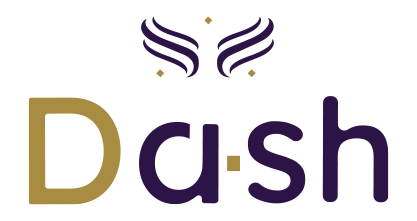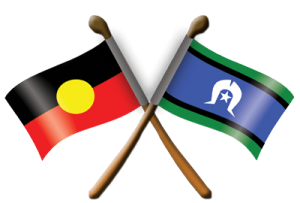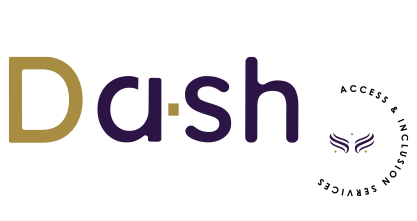Give yourself a chance
As we grow old and start to discover the world, we no longer communicate mainly with crying and laughing, instead, we learn to express all kinds of emotions. But it is not always easy to identify and process them.
When I was younger, my emotions were bigger than I – that is, they took control in every social interaction and it was really hard to create healthy bondings. I always thought that the problem relied on the people with whom I was interacting, or that maybe I was talking in a language that was not being understood. However, after a few months in quarantine and home office, I finally realized: ‘Honey, it’s not them, it’s you’.
I was struggling with myself. My intense emotions were running my actions without contemplating their consequences, which in result would bring me a mix of anxiety and frustration.
My therapist told me in session that unresolved feelings are like a bunch of clothes that we randomly throw into the closet: everything will seem to be fine for a while, until the closet gets full and all of the clothes fall over you. This helped me to understand that, sometimes when I thought I was angry, I was actually sad or ashamed but decided to scream (throwing the clothes) because it was easier to repeat certain behaviours than to show my vulnerability (folding clothes).
We must remember that anger is a basic feeling, which needs to be well managed to avoid being turned into violence. Even more, figuring out how to ‘do it better’ in terms of emotional management, gets us closer to being the comprehensive and kind adult we needed when we were younger. Learning how to process our emotions means changing the mindset from ‘this is how I am’ to ‘this is how I choose to be’, after all, violence can only cause harm, and we should give ourselves the chance to heal.
It is important to understand that we can choose how to act, it is a psychological process that, among other things, requires self-knowledge and self-control. However, it is better to work on it than to deal with the consequences of not doing so.
Professional help such as psychoanalysis, mental health online tools and apps, and sharing my experience in safe places, have made this learning process easier for me, allowing me to reconnect with my emotions. The best part comes when I face situations that would have made me react impertinently in the past, but now I can control my emotions and act more consciously – most of the time, at least.
I must confess there are still moments in which it is really hard to stay in control, but it is rewarding to know that my reactions do not usually hurt anybody anymore, not even myself. I wish that fixing our errors was as simple to do as it is to write about it, but it takes courage, so I guess only the brave ones dare to do it better.
We at Dash believe that it is important to look out for help, and there is always someone willing to be your support. If one person could do it all, there would not be more than one human being on Earth. However, like Ram Dass said: “We’re all just walking each other home”, so let us turn this stroll into something kind for everyone, starting with ourselves. Let us give ourselves a chance to do it right, no matter how long it takes.
By Cecilia Berron

Dash Support Services Pty Ltd
Trading as Dash Access and Inclusion Services
ABN 50 634 503 781
ACN 634 503 781
Victoria, Australia
Mob: 0497 077 016
Mob: 0456 841 869
Mob: 0456 841 749
info@dashaccessandinclusion.com

ACKNOWLEDGEMENT OF COUNTRY
Dash Access and Inclusion Services acknowledges that our work in the community takes place on the Traditional Lands of many Aboriginal and Torres Strait Islander Peoples; and in doing so, we recognise their continuing connection to land, waters and culture. We pay our respects to their Elders past, present and emerging.





